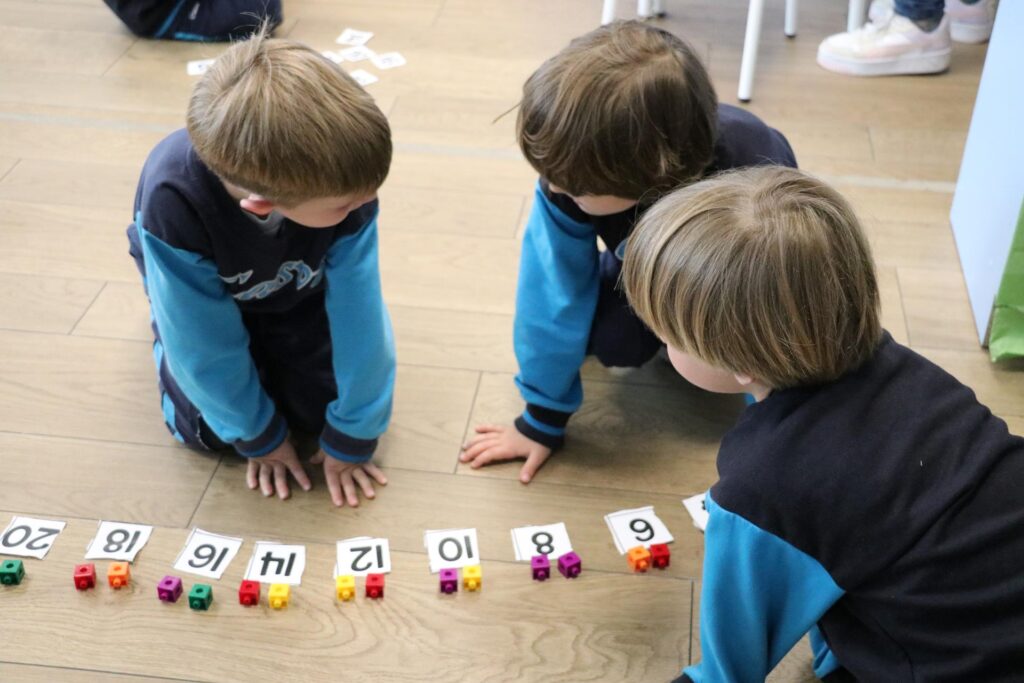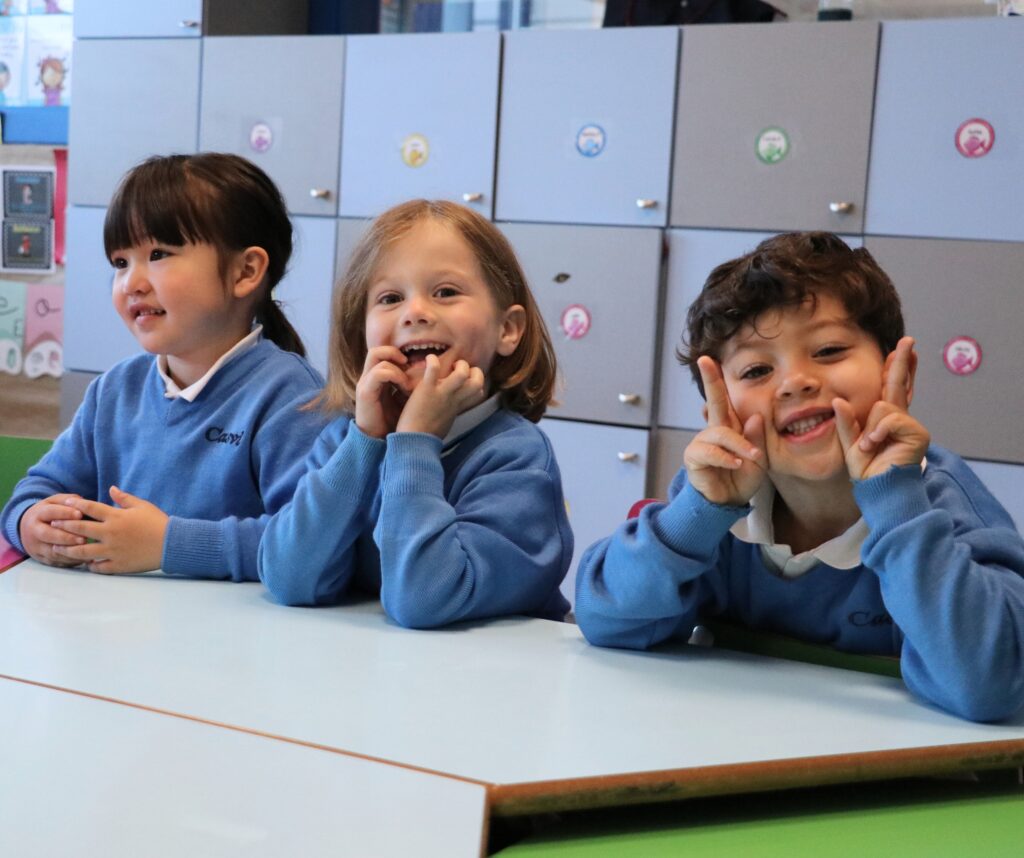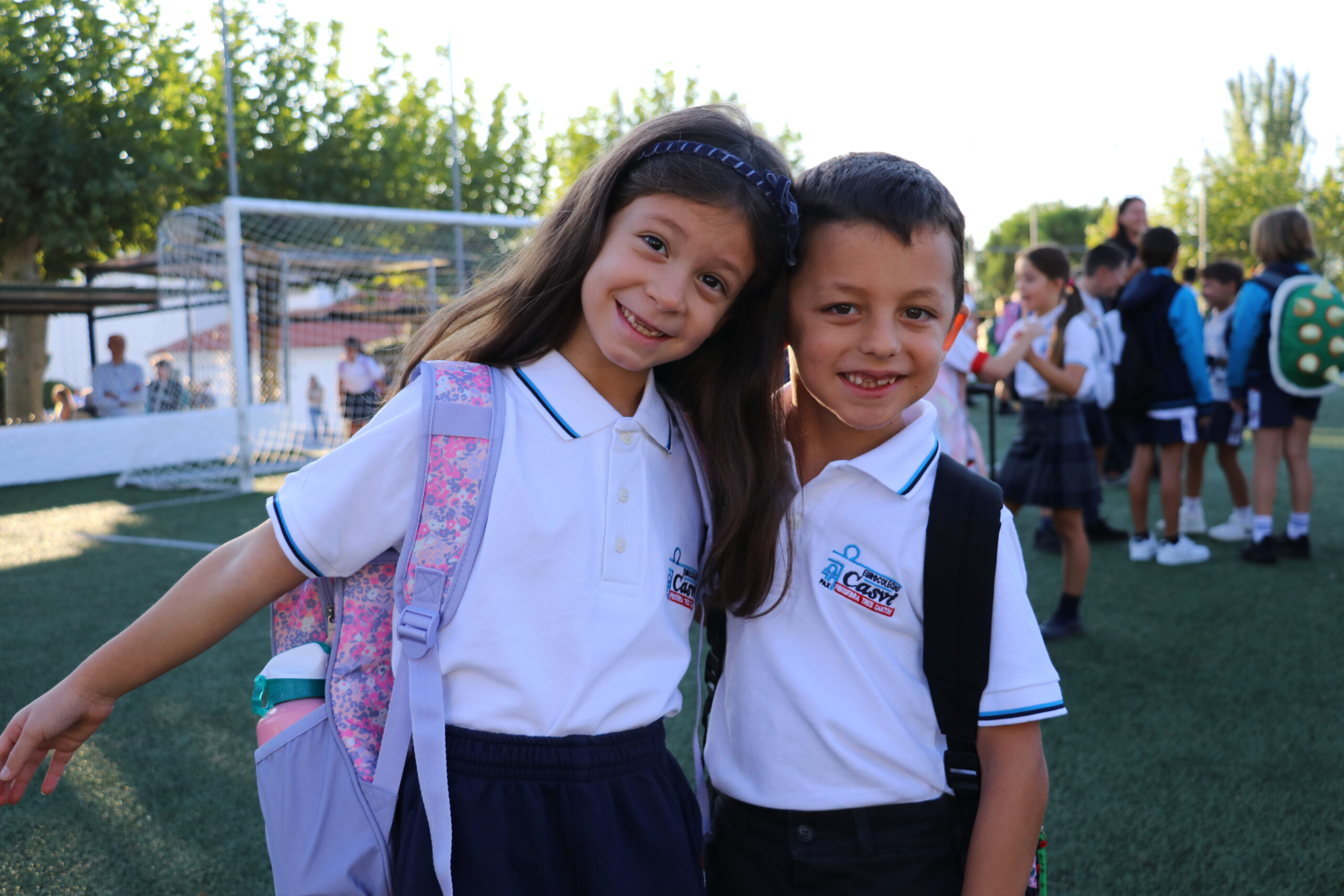Human beings are social creatures. Therefore, socialization during childhood represents a key stage in this natural process. However, although it is something innate in us, it is important to establish a series of patterns that allow children to integrate into their community in a healthy and constructive way.
In other words, socialization is a continuous process through which people internalize beliefs, attitudes, norms, values and behaviors specific to their cultural and social environment.

Although it consists of a learning process that is long-term, childhood is a period particularly sensitive and receptive to acquiring social skills. However, each child develops at their own pace, so there is no specific age at which they should begin actively socializing.
According to family therapist Vivian Fernández: “Children who enjoy a high degree of interaction with their mother show a higher level of socialization. They are more communicative, feel less adversity in the face of change, have greater communication skills, and are more willing to lend, help, and support others. This creates a sense of belonging to the groups with which they interact and live.”
The Role of the Environment in Socialization During Childhood
The family environment is the first and most influential socializing agent. Through living with parents, siblings, and other close family members, children learn to manage emotions, resolve conflicts, collaborate, and adopt fundamental values. It is important to note that within the family, each relationship has a specific function: parents as role models, siblings as playmates, and other significant figures such as grandparents or uncles and aunts, who also contribute valuable experiences.
On the other hand, the school also plays a key role in the development of socialization. It is a space where children must learn to coexist with people outside their immediate circle, to respect rules, to work in teams and to value diversity. In this context, the figure of the teacher is fundamental, since they not only transmit academic knowledge, but also values that guide coexistence and participation in society.
Likewise, spaces for interaction such as parks, parties, extracurricular or sports activities offer excellent opportunities to strengthen social skills. Interacting with their peers in real-life situations allows them to practice cooperation, taking turns, conflict resolution, and recognizing both their own emotions and those of others.
Teaching Socialization: An Everyday Task
Encouraging socialization from an early age involves providing them with experiences that help them build healthy relationships. Some practical recommendations include:
1. Encourage contact with other children, since that interaction between peers is essential for learning social norms.
2. Involve children in household chores, from picking up toys to helping at the table. This promotes responsibility and teamwork.
3. Teaching manners and values, such as saying sorry, giving thanks, or asking for things politely, reinforces respect and empathy.
4. Boost self-esteem by means of sincere praise when they complete tasks or act correctly.
5. Promote participation in group activities, such as sports, dance, or workshops, so that they learn to follow rules, cooperate and achieve goals together.
6. Respect their pace and personality, without forcing them to socialize if they don’t feel comfortable. Instead of pressuring them, it’s better to explore other alternatives and understand the reason for their refusal.
In addition, good communication between families and educators is essential in order to share observations about the child’s behavior in different contexts and to work together on their emotional and social development.

Benefits of Socialization in Childhood
Socializing appropriately from childhood brings multiple benefits that impact both the present and future of the child. Some of the most important are:
- Development of social skills : it strengthens skills such as communication, empathy, active listening, and conflict resolution.
- Construction of identity: through interaction with others, children begin to get to know themselves and to define who they are.
- Learning about rules and values: incorporate the ethical and behavioral principles of their culture and community.
- Adaptation to the environment: they integrate more easily into their social context, understanding customs and rules shared.
- Development of language: when communicating with others, they enrich their vocabulary, comprehension and oral expression.
- Stimulation of play and creativity: social play enhances imagination, cognitive skills and motor skills.
- Forming meaningful connections : learn to establish relationships of support, fundamental to their emotional well-being.
- Preparation for school and social life: acquire tools key to functioning successfully in the educational environment and in life in community.
Learn more about our teaching methodology
At Casvi International American School, we promote socialization from an early age by creating a multicultural and collaborative environment where values such as respect, empathy, and teamwork are reinforced.
If you want to know more about our teaching methodology, visit our website or contact us.

